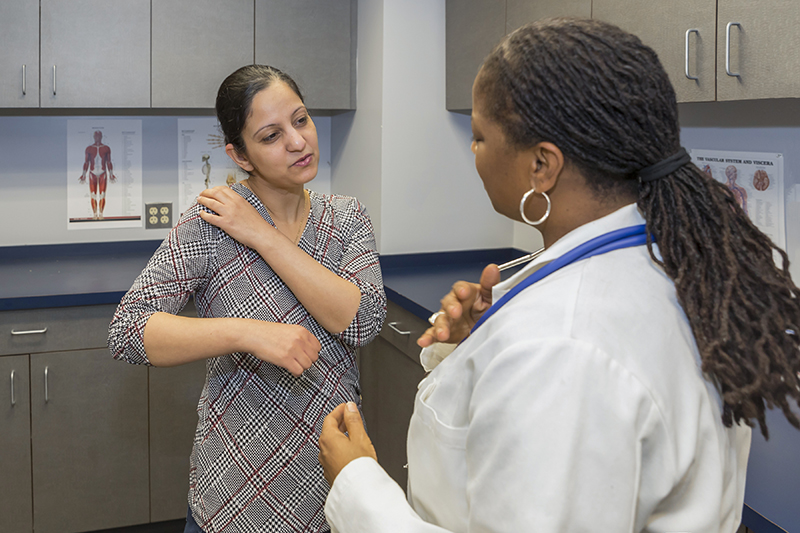Health Capsule
What is Psoriatic Arthritis?

Psoriasis is a disease that causes red and white scaly patches to appear on your skin. This happens because your body’s defense system (immune system) attacks your own body by mistake.
If you have psoriasis, you may get another disease called psoriatic arthritis. Psoriatic arthritis causes your joints to swell up. The swelling occurs most in your fingers, toes, wrists, knees, ankles, and lower back.
This swelling might cause pain in your joints and make it harder for you to bend them. The areas affected may also appear larger and turn red and warm.
You are more likely to get psoriatic arthritis if you have a family member with psoriasis or arthritis. Sometimes an infection might trigger your immune system to induce psoriatic arthritis.
There are drugs you can take to ease the pain and make the swelling go down. Other drugs can stop your immune system from harming your joints.
If you have psoriatic arthritis, devices such as splints and braces can make movement easier. You may also want to try exercise, heat and cold therapies, and relaxation exercises. Talk with your health care provider. They can help you find out if you have psoriatic arthritis and what treatment methods are best for you. Learn more about psoriatic arthritis.
NIH Office of Communications and Public Liaison
Health and Science Publications Branch
Building 31, Room 5B52
Bethesda, MD 20892-2094
Contact Us:
nihnewsinhealth@od.nih.gov
Phone: 301-451-8224
Share Our Materials: Reprint our articles and illustrations in your own publication. Our material is not copyrighted. Please acknowledge NIH News in Health as the source and send us a copy.
For more consumer health news and information, visit health.nih.gov.
For wellness toolkits, visit www.nih.gov/wellnesstoolkits.




